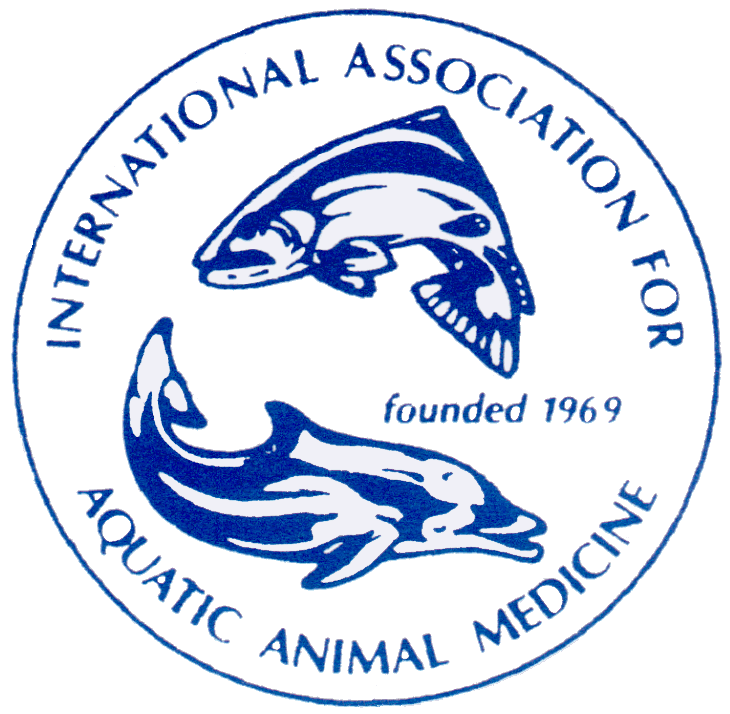The U.S. Department of Agriculture’s (USDA) Animal and Plant Health Inspection Service (APHIS) is inviting public comments on a proposed rule to amend the Animal Welfare Act (AWA) concerning the humane handling, care and treatment of marine mammals in captivity. The proposed rule will be available for comment for 60 days.
The Animal Welfare Act (AWA) sets basic standards for humane care and treatment that must be provided for certain animals including marine mammals that are used in exhibition or research. The current standards for marine mammals were put in place in 1998. The proposed changes are based on recent documented scientific data and studies to better ensure humane handling and treatment of marine mammals in a way that is practical and enforceable. As it developed this proposed rule, APHIS considered information from professional organizations, hundreds of public comments, exhibitors and published scientific studies, as well as the agency’s own experience with marine mammals.
The rule proposes the following changes to the standards:
- requiring appropriate pool exit and entry areas for pinnipeds, polar bears, and sea otters to make it easier for older or infirm animals to access dry spaces;
- strengthening the requirements for an entity to receive a variance to the standards, including requiring a report from two APHIS-selected experts, if needed;
- maintaining current performance-based standards for water temperature, while allowing for adjustments to be made based on animal health and published scientific data;
- establishing new standards to address air quality problems at indoor facilities;
- reducing allowable bacteria counts in water to improve water quality;
- expanding recommended air and water temperature standards at outdoor facilities to include all marine mammal species;
- requiring full spectrum lighting appropriate to the animals’ natural environments as well as accessible and sufficient shade for all animals;
- clarifying that, in addition to specific requirements in section 3.111, all in-water interactive programs must comply with AWA regulations and standards; and
- increasing allowable time for interaction between marine mammals and the general public from 2 to 3 hours and requiring at least 10 continuous hours without public interaction.
The proposed rule is scheduled to be published in the Federal Register where it will be available for public comment beginning Wednesday, February 3.
